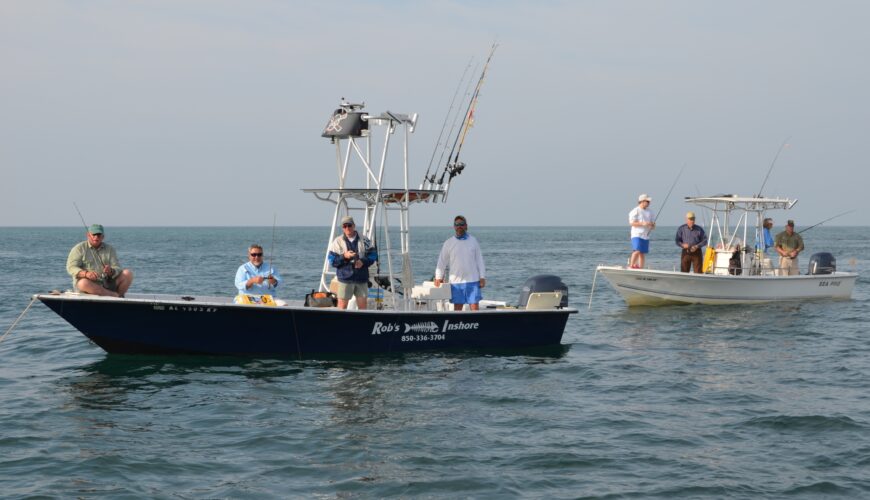News
Elk Hunters Killed by Lightning in Colorado Backcountry
September 24, 2025 •iSportsman Staff
September 22, 2025
Saltwater anglers and boaters could soon have an easier time navigating regulations and waters alike after the U.S. Senate unanimously passed the Modernizing Access to Our Public Oceans (MAPOceans) Act this week.
The bipartisan bill, introduced by Sen. Ted Cruz (R-Texas) and Sen. Angus King (I-Maine), directs the National Oceanic and Atmospheric Administration (NOAA) to standardize, digitize and consolidate recreational fishing and boating information for federally managed marine waters and fisheries.
Anyone who’s spent time offshore knows how tangled the rules can get. Boundaries change, gear restrictions vary and figuring it all out often takes as much time as prepping tackle. The MAPOceans Act, pushed forward by Sen. Cruz and Sen. King, instructs NOAA to digitize and consolidate all of that into one system. The idea is simple—get the regulations onto GPS units and smartphone apps, so anglers and boaters can see what’s legal in real time.
This isn’t the first effort to clean up access. The MAPLand Act in 2022 put federal land boundaries into digital maps, and the MAPWaters Act, which passed the House earlier this year, did the same for freshwater. Now, MAPOceans brings the same clarity to saltwater fishing.
Outdoor groups lined up in support. Joel Pedersen of the Theodore Roosevelt Conservation Partnership said the move will “simplify fishing and boating experiences to enhance recreation opportunities.” Glenn Hughes of the American Sportfishing Association noted that having everything in one place “empowers anglers to better understand and safely enjoy our marine waters.”
Other groups—from the Congressional Sportsmen’s Foundation to the Outdoor Recreation Roundtable—backed the bill, pointing to its potential to boost safety, cut confusion and help fuel the $1.2 trillion outdoor recreation economy.
The bill now heads to the House. If it clears there, saltwater anglers could soon be able to pull up the latest regs the same way they pull up a weather forecast. That means fewer question marks before leaving the dock and more confidence once you’re chasing fish offshore.
Photo by John N. Felsher
